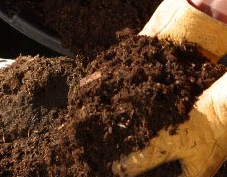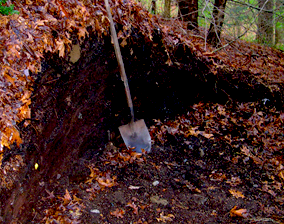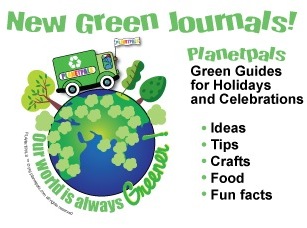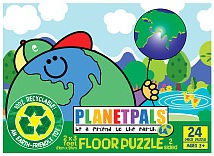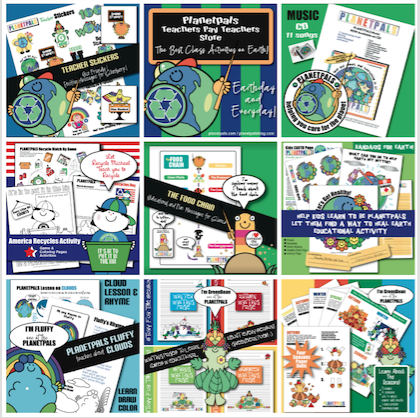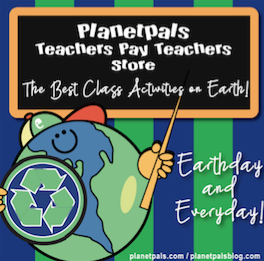


|
Why He Loves Compost The Most:
Compost is called "Gardeners's Gold". Because, soils and potting mixes that include compost produce healthier plants regardless of whether you're container gardening, rose gardening or vegetable gardening. It's a natural, too! Exactly What is Composting? Nature naturally recycles leaves and plants. In a forest, leaves fall forming mulch that protects the soil. Over time they decompose into nutrients that feed forest plants. You can also make compost by recycling leaves and other plant materials at home. Just set up a compost bin! Why Compost? Besides Growing Better Crops, Compost Can:
Where Put a Compost Bin It should be out of the way but convenient to reach with plenty of room to work around.
What Kind Of Compost Bin What do you put the composting materials in?
Construct one using Wood
Make one out of a Plastic Container (Why not recycle one!)
Make a kitchen counter compost bin. Use it to hold scraps on your counter top to add to your large bin
What To Put In A Compost Bin To Make Compost
The following items add carbon and nitrogen, which are much needed to make good compost.
Add Leaves What NOT To Put In A Compost Bin Don't use meat, milk products because pets and other animals may try to dig them up out of your compost bin. Also don't use diseased garden plants. They can spread disease back into the garden later when you use the compost. Don't Use
How to Care For A Compost Bin First select a spot to set up your bin. Then sprinkle a shovel full of soil or compost to add microorganisms to the bin. Each layer gets a good sprinkling of water to wet the ingredients. It is important to wet each layer as you build it. Repeat each of the layers until the bin is full and then..... Now tiny microorganisms (that you cannot see without a microscope) go to work breaking down the organic matter into compost. Later, as the compost cools down, you may see larger organisms such as millipedes, sow bugs, earthworms and others. Compost is teeming with living things! This is compost, the dark, earthy-smelling stuff is rich in nutrients. TURN TURN TURN!!!! Why turn:
NEXT --> Make a Simple DIY Kitchen Counter Compost Bin NEXT -->Our Green Gardening Guide
|
If you know of any special events, please inform us, so that we may share them with our visitors!
|
| Learn how to Precycle | Eco Fast Facts |
Planetpals Recycle Center |
| Energy Page |
Earth Matters |
Eco Books |
| Eco Dictionary |
Ecology Tips and Tricks |
The Story of Earth Day |
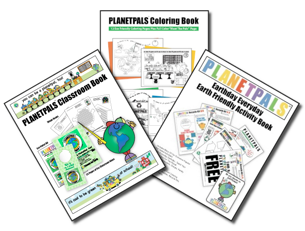 |
Top Ten Toy: Planetpals Puzzle! Rated among top ten for this season! 5 puzzles available Learn more |
|
|
|---|---|---|---|
TEACHER HELPERS! |
|---|
|
| Activities, Lessons |
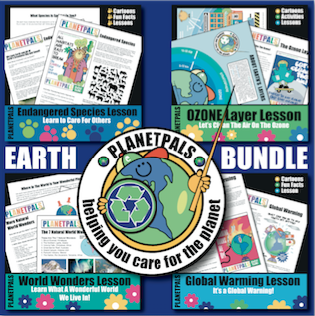 |
| 4 Activity Lesson Bundle |
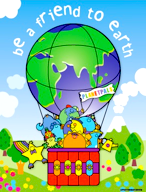
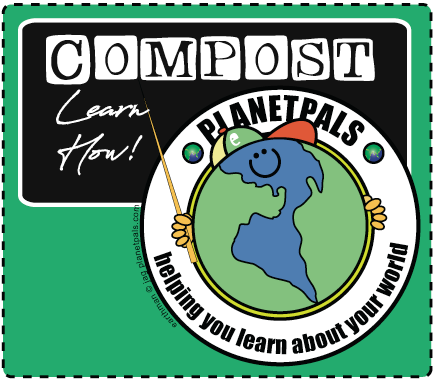
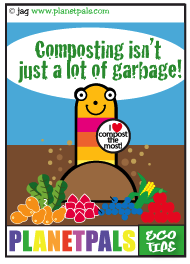
 A Good Compost Bin is a Combination of:
A Good Compost Bin is a Combination of: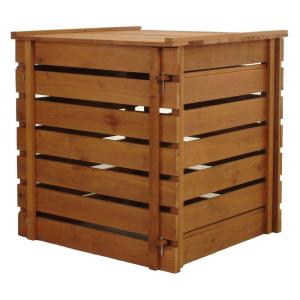 How To Make Your Own Bin
How To Make Your Own Bin